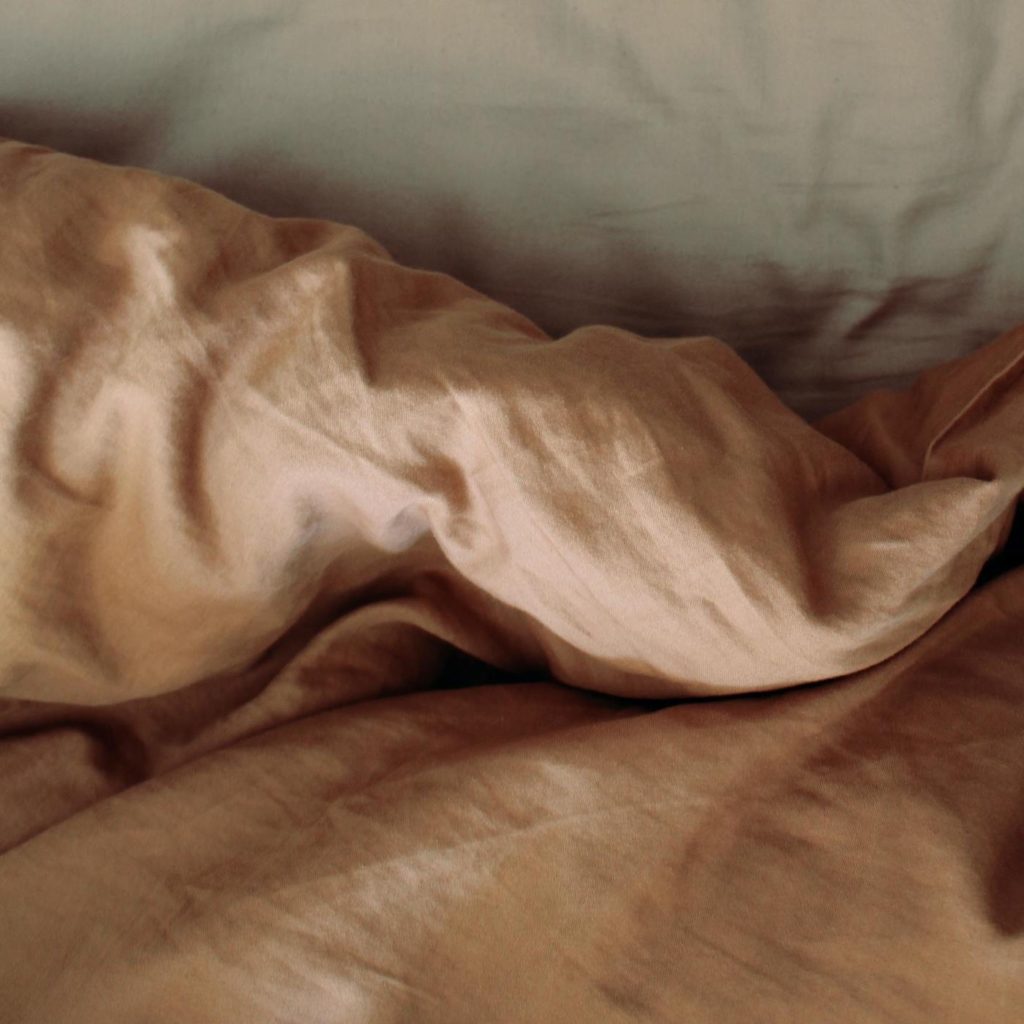We all know the feeling of hopping into bed after a long day and not being able to fall asleep. As much as we’d love to just hop into bed and off we go to slumber, the reality is it takes time to shift into a relaxed state. We need to allow our nervous system time to slow down.

That’s where sleep hygiene comes in; just as we have habits to keep ourselves clean and nourished, good sleep hygiene can vastly increase our quality of sleep.
Here are some tools to help boost your Sleep Hygiene:
Avoid Blue Light
Steer clear of electronic devices at least an hour before sleep and avoid using in bed. I also recommend turning your phone onto Night Shift to help remove blue light which can also disrupt our sleep.
Avoid stimulants as much as you can
Watching your caffeine intake as much as possible, ideally no coffee in the afternoon particularly if you’re having trouble getting sleep. This also refers to what you watch, read and talk about. Ask yourself – what will best support my relaxation and wind down time?
Stop the booze
While a glass of wine may be a tempting way to let go of our day, it sadly inhibits the chances of a restorative sleep and will increase the chance of feeling groggy the next day.
Have a regular sleep schedule
Going to bed and wake at the same time every day helps to set a routine for our body.
Exposure to light and dark
Melatonin is the hormone released at night to help us sleep and requires darkness. However, it’s just as important to get outside and expose yourself to light during the day, this helps to release Serotonin which helps us to feel awake. Finding the balance between the two is crucial, if we have the lights on bright at night, we’re sending the wrong message to the brain. If we’re able to dim the lights at night and reduce our exposure to light, we are training the brain that it’s time for bed.
Your bed is not a hub for activity
While comfortable, your bed is not meant to be your office, dining and living room. Avoid watching tv or playing on your phone in bed, instead try to train your brain to associate your bed with sleep.
Gratitude Journal
On nights when the mind is over active, it can be helpful to take a few moments to remind you of what is important in your life. Take your time to right down everyone that you have in your life that is important to you, whether you have any worries that have been playing on your mind, what lessons you have been learning and what you hope to achieve. Writing things down can help you to empty your mind before sleep.
Create a pre-sleep ritual
Relaxing activities that will help you wind down from your day. Meditate, read a book and write in your journal instead of watching tv or playing on your phone. Most importantly, be consistent. This ritual will help your body know when to release Melatonin.
Seek support
If you are finding that you aren’t able to sleep more than a few hours each night, it may be worth speaking to a practitioner. We are able to prescribe remedies to assist you get your sleep back on track and may be able to detect the cause of your sleep disruptions.
